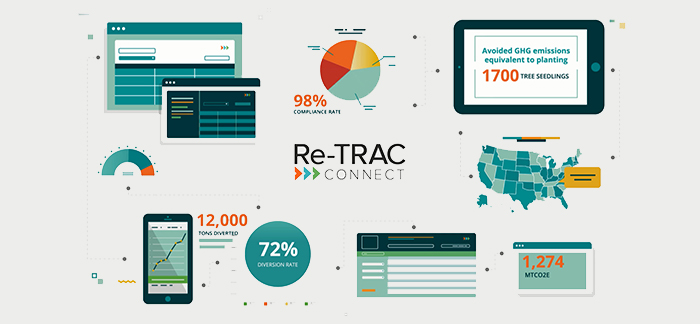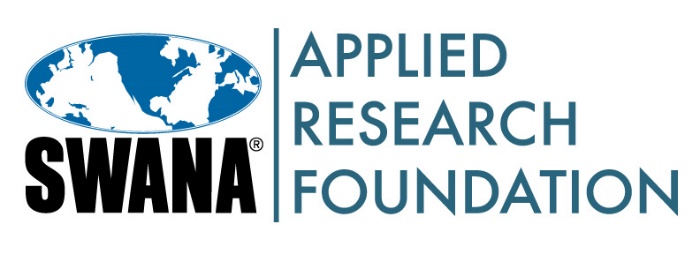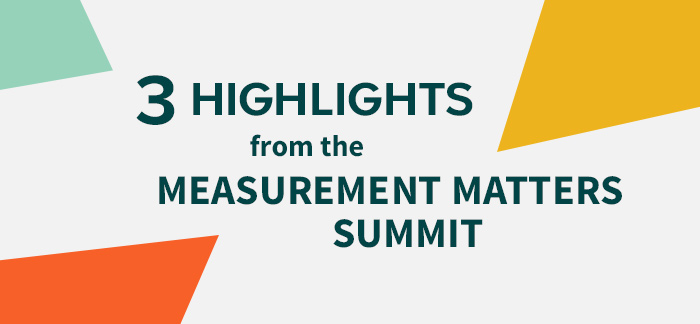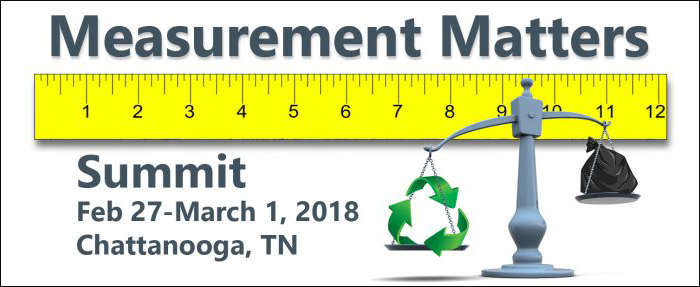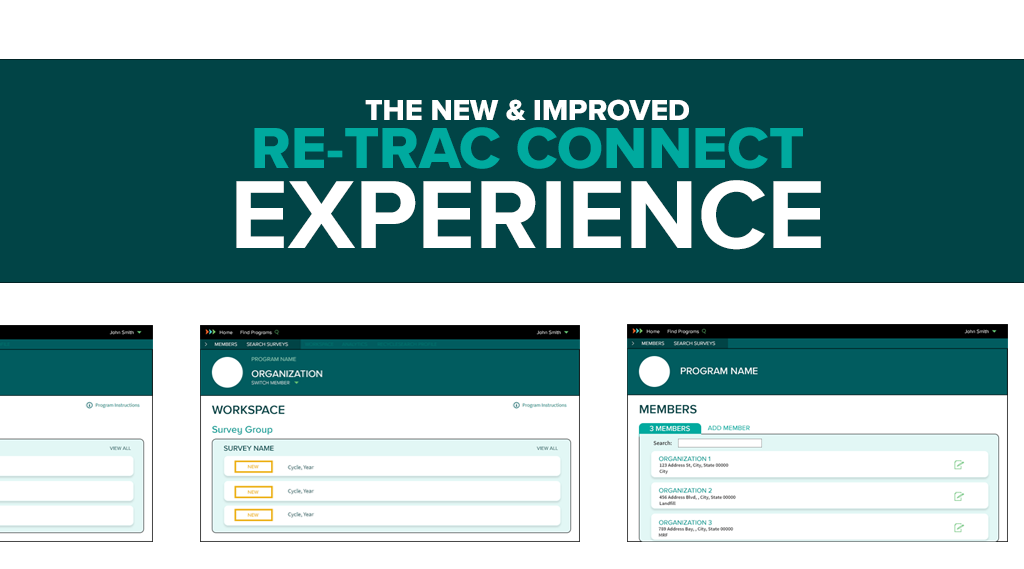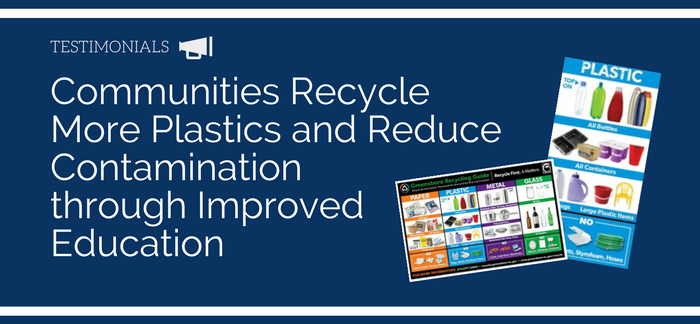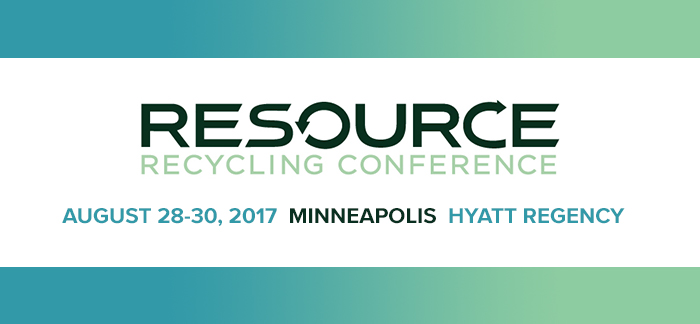Blog
Announcing our newest team member: Glen Murray (welcome home)

Emerge Knowledge Design Inc. is very excited to announce that Glen Murray will be joining our company as a Strategic Advisor on September 24th, 2018. Glen’s extensive experience developing practical solutions to waste reduction and product stewardship challenges and his visionary ideas about transitioning to a circular economy align well with the sustainability services our company delivers.
Is it time for your organization to invest in web-based software?
Many organizations today rely on web-based software to communicate, collaborate, and organize information with unprecedented ease. While web applications are by no means a new innovation, they have become very sophisticated in recent years. It seems like there’s an app for just about everything these days, but why?
Web apps are designed to optimize workflows by automating tedious, time-consuming, and labour-intensive tasks. They’re also far more accessible than their predecessor – the desktop application, which is limited to being installed on one computer or network. Web apps, on the other hand, allow multiple team members to log in and work collaboratively from wherever they have internet access. This means that team members can easily collaborate; even at great distances from one another. As a result, organizations often experience a significant productivity boost upon switching to a web-based software application.
So what makes legacy systems so inefficient?
Benchmarking the Performance and Costs of MSW Landfills
Guest post by: Jeremy K. O’Brien, P.E., Director of Applied Research, SWANA
In 2017, the SWANA Applied Research Foundation conducted a benchmarking project to develop and analyze solid waste landfill performance data. SWANA surveyed 61 Municipal Solid Waste (MSW) landfills to collect performance and cost benchmarking data. The goal was to standardize benchmark parameters and protocols to facilitate fair comparisons among the benchmarked landfills. As a result, the SWANA MSW Landfill Benchmarks Database is positioned to become the industry reference for MSW landfill owners and managers across the United States and Canada. In fact, Re-TRAC Connect’s Facility Reporting solution may well benefit from this valuable landfill benchmarking data.
3 Highlights from the Measurement Matters Summit
Thank you to the Tennessee Department of Environment & Conservation, the U. S. Environmental Protection Agency, and the Southeast Recycling Development Council for organizing a very successful Measurement Matters Summit.
Professionals from across North America converged in Chattanooga, Tennessee to discuss measurement issues and opportunities, data collection strategies, and effective data analysis. The event’s success proved that people working on sustainable materials management recognize the importance of having good data and using it to measure progress, improve programs, and inform public policy.
9 Reasons to Attend the Measurement Matters Summit
Consistent and accurate measurement should be at the heart of every materials management system. Measurement is critical to the effective management of resources, efforts, and results. It’s also important that industry leaders and program managers speak the same language.
Register to attend the Measurement Matters Summit to learn new reporting strategies, network with industry leaders, and discuss metrics to improve waste & recycling programs. Leaders from across North America will meet at the Downtown Marriott Event Center in Chattanooga, TN to discuss the future of measurement in materials management systems.
ASK RE-TRAC | Holiday Edition [VIDEO]
The New & Improved Re-TRAC Connect Experience
At the end of 2016 we updated the Re-TRAC Connect brand and introduced a new logo and colour refresh. It was around this time that we decided to give our software a fresh new look. But modernizing the interface was only a small part of the project. We also sought to optimize workflows, improve language, and simplify reporting.
It should come as no surprise that we believe the best way to start any project is to collect data and then analyze the results before making any decisions. We started this project by launching a campaign to collect feedback from our clients and their program participants. The resulting feedback was invaluable to the process because it put the spotlight on some of the challenges we needed to solve.
Communities Recycle More Plastics and Reduce Contamination through Improved Education
By: Tonya Randell, More Recycling
As recycling professionals who work in recycling education, we know how hard municipalities work to educate their residents about how to recycle more and recycle right, especially when it comes to plastics. Over the years, we’ve seen more plastics entering the recycling stream as packaging evolves and more products come in plastics instead of other materials. And because there are so many different types of plastics—and which ones can be recycled varies from community to community—there’s potential for plastics to end up in the wrong bin.
We’ve seen that better communication with residents can lead to more and better recycling. Yet, often education materials are only updated when absolutely necessary, like when a recycling program changes what items it accepts, since updating education materials can be resource-intensive.
So, is there a program to help communities improve recycling education for plastics that is easy, economical, and effective? Three communities used a new resource—the Plastics Recycling Terms and Tools—and found that the answer is: yes!
Join us at the 2017 Resource Recycling Conference
The Resource Recycling Conference, in partnership with the National Recycling Coalition and in alliance with Waste360, the Recycling Association of Minnesota and the Minnesota chapter of SWANA, is the must-attend conference for the recycling industry’s most influential policy leaders, CEOs and government officials. The conference, now entering its seventh year, is your opportunity to network with clients, prospective partners, vendors and top materials management decision-makers all in one location, saving you precious time and travel expenses. The conference’s lineup of education sessions will offer attendees the latest on materials processing trends, tactics to boost diversion rates, legislative talking points, market analysis and much more.

